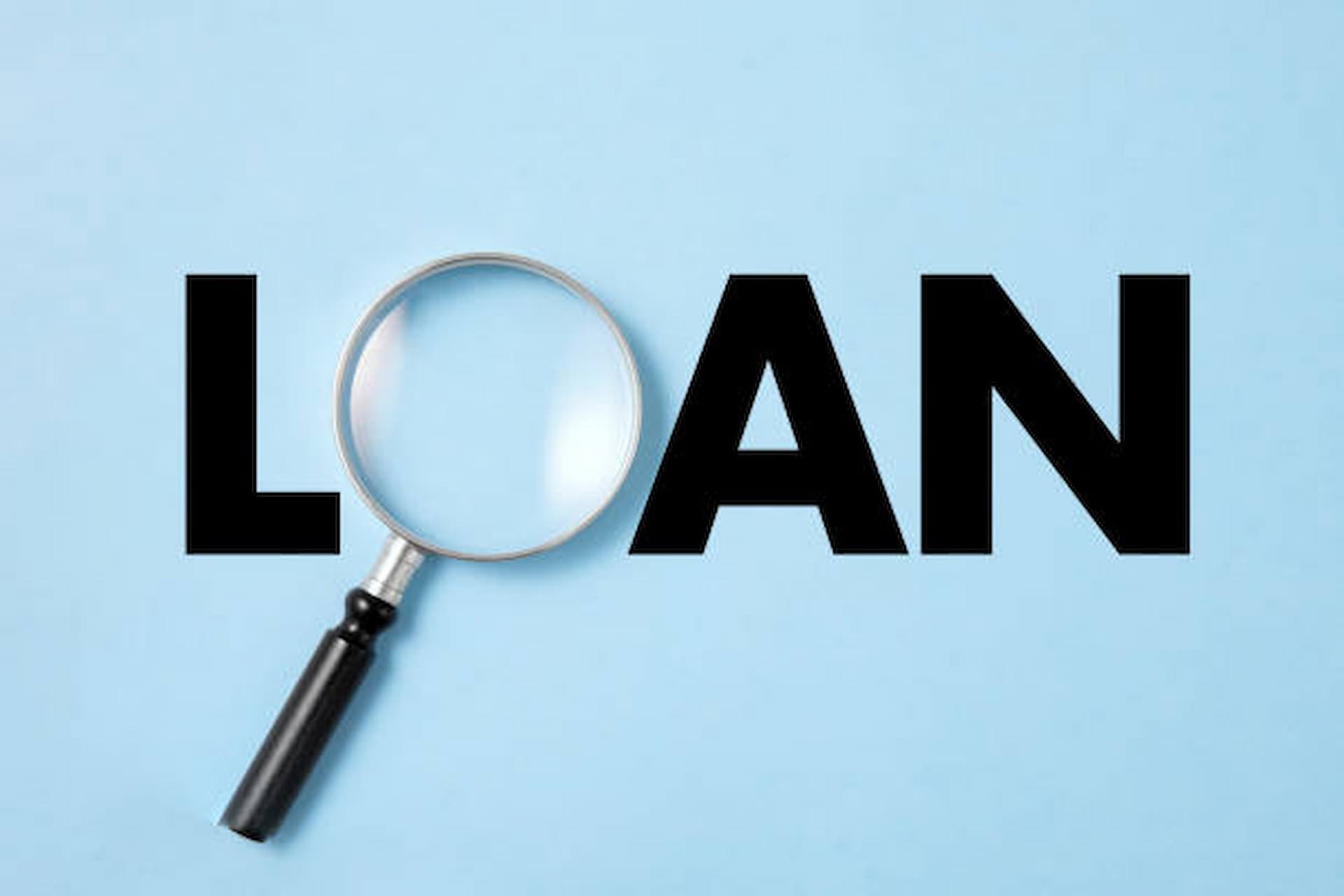Small advances, regularly overlooked in personal finance, can be a capable device to bridge monetary gaps and seize opportunities. These advances can give a much-needed boost if you need to cover unforeseen costs, invest in your education, start a small trade, or consolidate debt. In any case, like all budgetary instruments, the key lies in using them wisely.
This article will delve into borrowing wisely and making the most of small credits. From understanding the types of small credits available to tips for responsible borrowing, we’ll equip you with the knowledge to navigate this financial terrain effectively.
1. The Types of Small Loans
Small loans come in various forms, each designed for specific purposes. Understanding these types is crucial when considering borrowing options.
Personal Loans: Personal advances are unsecured credits that you can use for almost any reason, from paying off restorative bills to financing a vacation. These credits ordinarily have fixed interest rates and reimbursement terms, making them popular for small, one-time expenses.
Payday Loans: Payday loans are short-term, usually due on your next payday. They’re quick and easy to obtain but often come with extremely high-interest rates, so be cautious when considering them.
Instalment Loans: Installment loans are small credits you repay in fixed, regular instalments over a predetermined period. They can be used for various purposes, such as car repairs or home improvements.
Student Loans: If you’re pursuing education, student loans are a common way to finance your studies. They often offer favourable interest rates and deferred payment options.
Microloans: These are small advances provided by nonprofit organisations, government agencies, or online lenders designed to assist entrepreneurs and small business owners needing capital. They can be a great resource for starting or expanding a small business.
Understanding the types of small advances available allows you to choose the one that best fits your financial needs.
2. Assess Your Financial Situation
Before diving into small loans, assessing your current financial situation is essential. Evaluate your income, expenses, and overall financial health. Calculate the amount you can borrow and comfortably repay. The goal is to avoid overextending yourself and falling into a cycle of debt.
Make a budget that traces your month-to-month pay and expenses, including credit reimbursements. This will provide you with a clear picture of your money-related capacity and assist you in avoiding taking on more debt than you’ll be able to manage.
3. Shop for the Best Deal
Comparing small loan offers is crucial in finding the best deal. Interest rates, fees, and terms can change significantly from one lender to another lender. Use online tools and resources to explore the diverse credit choices and find the one that suits your needs. Checking your credit score is also advisable because it can significantly affect the advanced terms offered.
4. Responsible Borrowing
Responsible borrowing is the cornerstone of the art of utilising small advances wisely. Here are some key principles to consider:
Borrow Only What You Need: While borrowing a little extra for non-essential items might be tempting, stick to the amount required to meet your immediate financial need. Extra debt can lead to a more prolonged repayment period and higher overall costs.
Read the Fine Print: Carefully review the loan agreement before signing. Pay attention to the interest rate, fees, and repayment terms. Ensure you understand the total cost of borrowing and any penalties for late payments.
Have a Repayment Plan: It’s vital to have a clear plan for repaying the loan. Make sure the monthly repayments are manageable within your budget. Failing to repay on time can lead to extra charges and negatively impact your credit score.
Avoid Rollovers: If you have a short-term loan, such as a payday loan, avoid rolling it over into a new loan. The fees can add up quickly, making it challenging to break the cycle of debt.
5. Build Your Credit Score
One often overlooked benefit of small credits is their potential to improve your credit score. By responsibly borrowing and repaying these loans, you can effectively manage debt. This can positively impact your credit history, making it easier to access larger loans at better terms in the future.
6. Seek Financial Guidance
If you need help with the best approach to small loans or are experiencing financial difficulties, seeking advice from financial counsellors or advisors is wise. They can provide tailored recommendations and strategies for your situation, helping you make informed decisions.
Conclusion
Small credits, when utilised wisely, can be an important money-related tool. By understanding the distinctive types of small advances, evaluating your money-related circumstances, shopping for the best deals, and following standards of responsible borrowing, you’ll effectively explore the world of small credits. Building your credit score and seeking financial guidance when needed further enhance your financial well-being.
Remember that small loans should be a means to an end, not a long-term solution. Use them to address specific financial needs or opportunities and work towards financial stability and independence. Mastering the art of borrowing wisely with small loans empowers you to take control of your finances and achieve your goals.
In a world where financial challenges are a part of life, small loans can be a stepping stone towards your dreams and aspirations. So, use them wisely and unlock the potential they offer.





